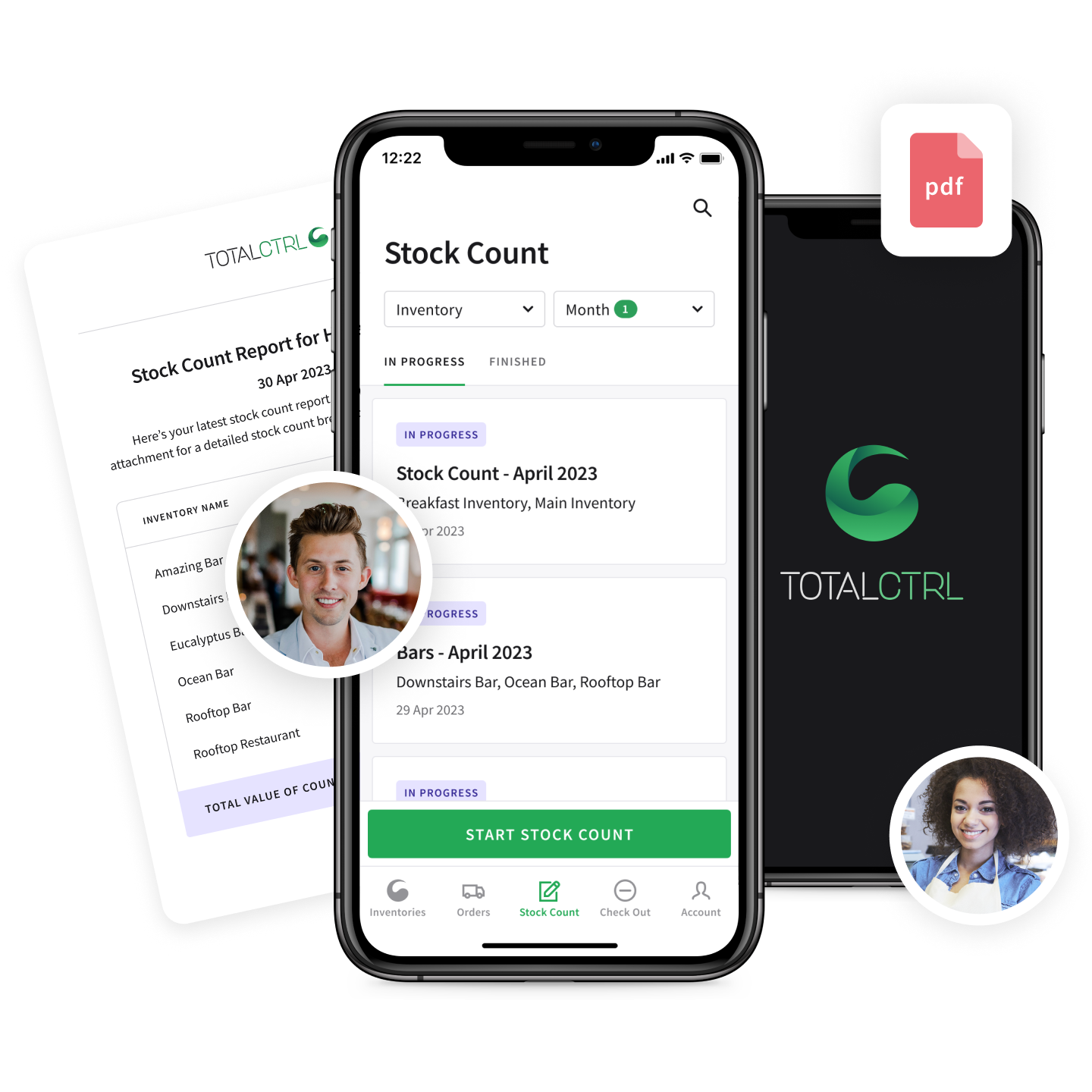In today's digital age, online payment platforms like PayPal and Payoneer have revolutionized the way businesses and individuals conduct transactions, both domestically and internationally. These platforms enable seamless money transfers, online shopping, international payments, and even freelance work compensation. However, as with all financial services, it’s essential to understand the regulatory landscape that governs these platforms, as this can influence their operations, security, and compliance with legal frameworks. In this article, we will explore whether PayPal and Payoneer are regulated by government authorities, how they ensure compliance, and the implications for users.
What is Regulation in the Context of Financial Services?
Regulation refers to the legal framework and oversight provided by government authorities, typically aimed at ensuring that financial services are safe, secure, and fair for all users. In the case of financial institutions, these regulations address key concerns such as:
-
Consumer Protection: Ensuring that users are not subjected to fraud, theft, or unfair business practices.
-
Anti-Money Laundering (AML) Compliance: Preventing money laundering and other illicit activities that could harm the financial system.
-
Know Your Customer (KYC): Enforcing identity verification to prevent fraud and ensure that services are used by legitimate users.
-
Licensing and Registration: Financial services must often obtain specific licenses to operate in certain jurisdictions.
Both PayPal and Payoneer are subject to various regulations, depending on the regions they operate in. Let’s take a closer look at how each platform is regulated.
How is PayPal Regulated?
PayPal, as one of the largest online payment platforms in the world, is regulated by several government bodies across multiple countries. It operates in a highly regulated financial environment, which ensures that it adheres to strict compliance and security standards to protect its users.
Regulatory Bodies Overseeing PayPal
PayPal’s operations are governed by regulatory authorities in the countries where it conducts business. Here are some of the key regulatory authorities:
1. United States (Federal and State Level)
-
Financial Crimes Enforcement Network (FinCEN): PayPal is regulated by the U.S. Department of the Treasury's FinCEN, which oversees money services businesses (MSBs). FinCEN ensures PayPal complies with the U.S. Bank Secrecy Act (BSA) and anti-money laundering (AML) regulations, which require PayPal to monitor and report suspicious activity.
-
U.S. Federal Reserve and State Regulators: PayPal, which is headquartered in the U.S., must comply with banking regulations set by the Federal Reserve, including maintaining financial stability and security. Additionally, PayPal has to adhere to state-level regulations, especially in states like California, which has more stringent financial laws.
2. European Union
PayPal is subject to financial regulations in the European Union, including compliance with the Payment Services Directive (PSD2), which aims to increase payment security, encourage innovation, and enhance consumer protection across EU member states.
-
European Central Bank (ECB): The ECB regulates payment systems within the EU, ensuring that payment platforms like PayPal maintain operational efficiency and security.
-
National Regulators: PayPal also complies with individual national regulators in EU countries, which enforce local laws related to consumer protection, financial security, and fraud prevention.
3. United Kingdom (FCA)
In the UK, PayPal is regulated by the Financial Conduct Authority (FCA), the government body responsible for overseeing financial services and ensuring that firms comply with the UK’s regulatory framework. PayPal must obtain the necessary authorization from the FCA to operate as an electronic money institution (EMI).
4. Other Countries
PayPal operates in over 200 markets globally, which means it is also regulated by local authorities in countries such as Canada, Australia, Japan, and Singapore. Each of these countries has its own regulatory framework, and PayPal must ensure compliance with them. This includes obtaining licenses and operating within the boundaries of local laws.
How PayPal Ensures Compliance
To meet these regulatory requirements, PayPal has established a comprehensive compliance program that includes:
-
Know Your Customer (KYC): PayPal is required to verify the identity of its users by collecting personal information, such as government-issued IDs and addresses. This helps ensure that PayPal is not being used for fraudulent or illicit activities.
-
Anti-Money Laundering (AML) Policies: PayPal is required to monitor transactions for suspicious activity, report large or unusual transactions, and cooperate with law enforcement when necessary. The company uses advanced software to detect suspicious patterns and prevent money laundering.
-
Data Security: PayPal must comply with data protection laws, such as the EU’s General Data Protection Regulation (GDPR), to ensure that user data is kept safe and private.
How is Payoneer Regulated?
Payoneer is another prominent payment service provider that offers cross-border payment solutions, particularly for freelancers, e-commerce sellers, and businesses. As with PayPal, Payoneer operates under strict regulation to ensure compliance with financial laws.
Regulatory Bodies Overseeing Payoneer
Payoneer operates globally, and as such, it is regulated by various authorities depending on the regions in which it provides services.
1. United States (FinCEN and State Regulators)
In the U.S., Payoneer is regulated by the Financial Crimes Enforcement Network (FinCEN) under the U.S. Department of the Treasury. This means that Payoneer must comply with AML regulations, which require monitoring, reporting, and investigating suspicious transactions. Payoneer also holds a Money Services Business (MSB) license in the U.S.
Additionally, Payoneer is subject to regulations at the state level. Some U.S. states, such as New York, have more stringent requirements for financial institutions, and Payoneer must ensure compliance with these as well.
2. European Union (EMI and PSD2)
Similar to PayPal, Payoneer operates under the European Payment Services Directive (PSD2), which aims to regulate payment services and enhance security for consumers in the EU. Payoneer holds an Electronic Money Institution (EMI) license within the EU, allowing it to provide payment services to businesses and consumers.
Payoneer must also comply with anti-money laundering (AML) and know your customer (KYC) requirements in the EU to ensure it’s not involved in financial crimes.
3. United Kingdom (FCA)
In the UK, Payoneer is also regulated by the Financial Conduct Authority (FCA), which ensures that it adheres to UK financial laws and provides safe and secure payment services to its users.
4. Other Countries
Payoneer’s global operations mean it must comply with the financial regulations of other jurisdictions, such as Canada, Australia, Japan, and Israel. It holds the necessary licenses in many countries to provide money transfer and payment services.
For example, Payoneer is licensed by the Bank of Israel and is regulated by the Singapore Monetary Authority (MAS).
How Payoneer Ensures Compliance
Payoneer uses a similar compliance framework to PayPal, including:
-
Know Your Customer (KYC): Payoneer collects and verifies personal information from users to comply with KYC regulations and prevent fraudulent activity.
-
Anti-Money Laundering (AML) Compliance: Payoneer monitors transactions for suspicious activity, reports large transactions, and cooperates with authorities to detect and prevent financial crimes.
-
Risk Management Systems: Payoneer uses robust risk management systems to assess and mitigate potential risks to users, including fraud detection and compliance checks.
-
Data Protection: Payoneer ensures that all user data is protected and complies with global data protection laws, such as the GDPR in Europe and various privacy laws in other regions.
Why Are PayPal and Payoneer Regulated?
The regulation of PayPal and Payoneer is crucial for several reasons:
1. Consumer Protection
Regulations help protect consumers from fraud, unauthorized transactions, and data breaches. Both PayPal and Payoneer are required to implement strong security measures to safeguard their users' personal and financial information.
2. Compliance with International Standards
As global payment platforms, both companies must adhere to international standards for financial services, including the Financial Action Task Force (FATF) recommendations. These standards help prevent money laundering, terrorist financing, and other illicit activities.
3. Trust and Reputation
Regulation provides an additional layer of trust. Users are more likely to use platforms like PayPal and Payoneer if they know these companies are being monitored by reputable regulatory bodies. This ensures that the services are safe and secure, and that the companies are held accountable for any issues that arise.
4. Risk Management
Regulatory oversight ensures that companies like PayPal and Payoneer employ sound risk management practices. These include monitoring transactions for fraud, identifying high-risk customers, and maintaining financial stability.
Conclusion
Both PayPal and Payoneer are heavily regulated by government authorities in the regions where they operate. These regulations are in place to ensure the safety and security of users, prevent fraud and money laundering, and enhance overall financial stability. Whether you are an individual or a business using these platforms, it is important to understand that their regulatory compliance adds an extra layer of protection and helps maintain trust in their services.
By adhering to stringent KYC, AML, and data protection regulations, both PayPal and Payoneer continue to provide reliable, secure, and trusted services to millions of users around the world. As financial technologies evolve, regulatory bodies will continue to adapt, ensuring that these platforms remain compliant with the changing legal landscape and continue to safeguard the interests of their users.


















0 comments:
Post a Comment
We value your voice! Drop a comment to share your thoughts, ask a question, or start a meaningful discussion. Be kind, be respectful, and let’s chat!